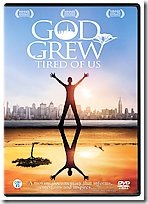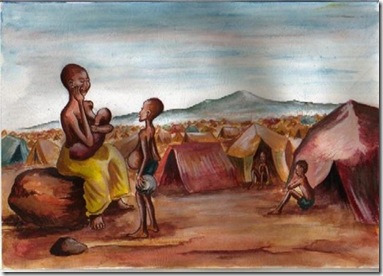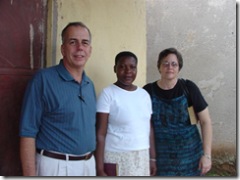Ever since our return from the mission field, friends have asked, “Will you ever go back?”
That question stirs so many emotions.
My mind races with remembrances and I think, “It was a call not a decision when we went 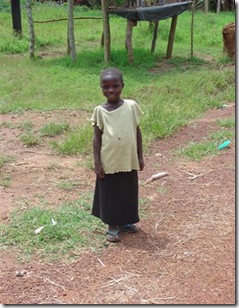 before and I would expect it to happen that way again if God intends us to go anywhere.”
before and I would expect it to happen that way again if God intends us to go anywhere.”
I say to the Lord what I have been saying, “Lord, here I am…yours…wherever you can use me.” 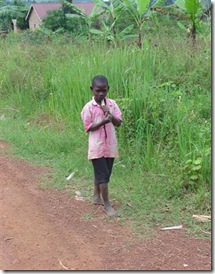
These thoughts were brought forward in my mind this morning when I was meditating on Acts 17:16. Luke is describing the inward thoughts of Paul when he arrived in Athens, “His spirit was stirred when he saw the city wholly given to idolatry.” I was taken by this poem by Eva Doerksen in light of this verse:
“If you had been to heathen lands,
Where weary ones with eager hands
Still plead, yet no one understand,
Would you go back? Would you?
If you had seen them in despair,
Beat on the breast, pull out the hair,
While demon powers filled the air,
Would you go back? Would you?
If you had seen the glorious sight,
When heathen people, long in night,
Are brought from darkness into light,
Would you go back? Would you?
Yet still they wait, a weary throng,
They’ve waited, some so very long,
When shall despair be turned to song,
I’m going back! Would you?
I am thinking again this morning after being blessed by the trusting faith that lived powerfully in the hearts of many Ugandans; perhaps the Lord is helping me see “who” the real heathens are. When I saw what faith looked like in the lives of Africans who had “nothing” but God and He was completely sufficient– I knew the heathen was me! For now, I might be in God’s intended mission field.
May He turn our eyes to see the light of Christ and give us a new song!

